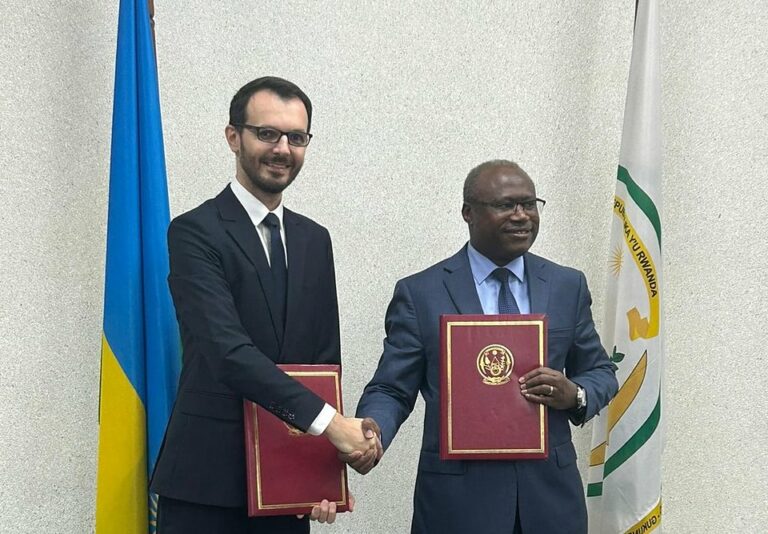Restrictions put new strain on Polish hotels
The government has announced that from December 15 the availability limits in hotels and restaurants will be reduced from 50% to 30%. Although vaccinated people are not included in this ceiling, there are still no legal regulations enabling tourism businesses to verify so-called ‘covid passports.’ Leading sector figures shared their concerns with “Hotelarz,” a portal representing hotel owners and people associated with the industry.
According to hotel reps, a cut in the room availability limit will have a negative impact. “Any administrative limitation of the availability of services, which limits the natural demand on the market, has a negative impact on the operations and financial results of hotels,” says Ireneusz Węgłowski, president of the Chamber of Commerce of the Polish Hotel Industry (IGHP).
Węgłowski added that after many months of the pandemic hotels are now well prepared to operate in a higher sanitary regime. He pointed out that the limits have been set on dates when holiday hotels tend to generate higher revenues. “Unfortunately, the announced reduction of up to 30% falls on the period traditionally used by many Poles for Christmas and New Year trips. Paradoxically, the government announced a further restriction after the IGHP asked the prime minister and the minister of health to lift restrictions in the industry a week earlier,” he said.
Wiktor Wróbel, president of Nosalowy Dwór, noted the organizational problems facing hotels due to the changes. “Lowering limits, combined with the lack of a legal possibility to verify vaccination status, leads to gigantic organizational problems, lack of predictability of activities and is very hard on staff,” the Zakopane-based businessman said.
Elżbieta Lendo, president of Lendo Hotels Group and Harmony Polish Hotels, agreed that the introduction of limits will have an impact on the entire industry, because the Christmas and New Year period is a traditional time of high occupancy.
“This is already happening, we see quite a lot of cancellations of stays, guests are worried and postpone their departure decisions until the last moment. As entrepreneurs, we do not shirk our responsibility, but we must have a clear legal mechanisms that will enable the verification of vaccinations,” she said.
Industry representatives said hotels are currently one of the most epidemically safe public places and that the hotel industry is very well prepared to counter the pandemic.
“We have been talking about hotel safety with the IGHP since the summer holidays, and we have looked at foreign research, the experiences of other countries and the good results of hotel inspections by the State Sanitary Inspection (Sanepid), Wróbel said.
Regulations were introduced in many European countries this fall, including only vaccinated people and convalescents having access to hotels and restaurants. Such solutions are now successfully being used in Germany, Austria, Slovakia, Italy, the Netherlands and Denmark.
Węgłowski believes such solutions could be successfully introduced in Poland.
“This solution is definitely the easiest to introduce quickly, also in Poland. I am surprised that several months have passed since it was introduced in many European countries and in Poland it has not been successful,” Wróbel says.
“The covid passport is a good solution because it is easy to verify and is standardized. Personally, I would definitely be in favor of it also being valid in our country,” he added.
Source: Hotelarz







